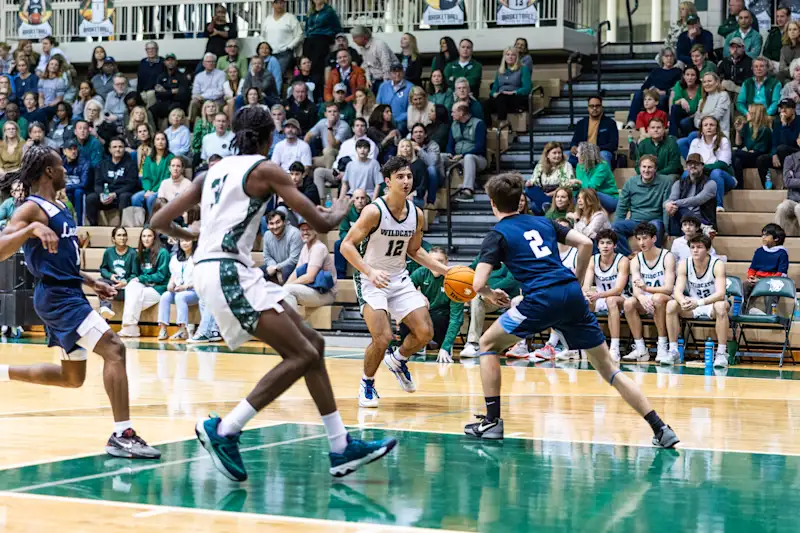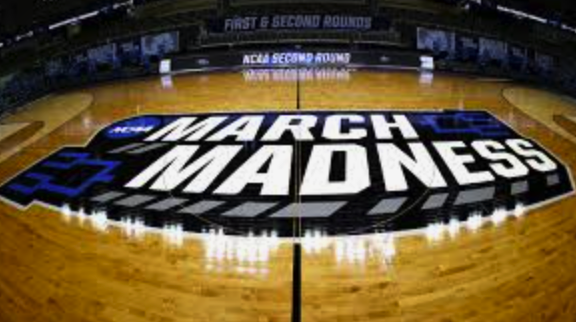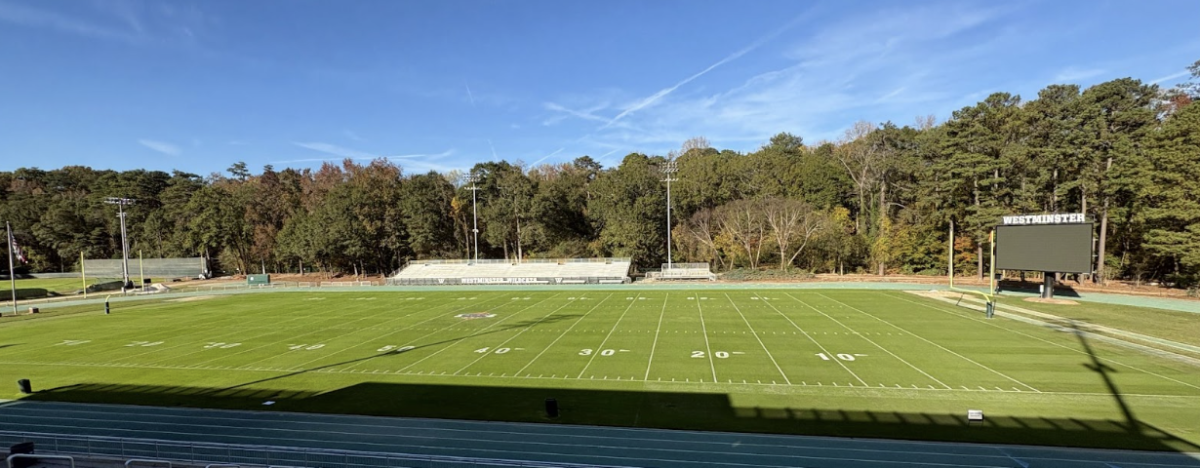One year after the Georgia High School Association eliminated the 7A classification and moved former 5A powerhouses into the 4A division, Westminster athletes and coaches say the increased competition has pushed them to new levels.
“The biggest change is difficulty,” said senior tennis player Landon Cummings. “For tennis, moving from 5A to 4A was something where state tournament difficulty went from relatively easy to much harder.”
The reclassification has affected multiple Westminster sports programs, forcing teams to face deeper, more talented rosters from schools with larger student populations. Varsity soccer coach Scott Snyder, who has coached at Westminster since 1999, said the change made things significantly harder.
“There are good teams at every level,” Snyder said. “The schools have so many people. If they lose players, they’re replaceable, because they have so much depth. If we lose players, it can cripple our season.”
For soccer, the impact was particularly noticeable in scheduling and competition level. Senior soccer captain Anderson Lee said the biggest difference was the depth and talent level of opposing teams.
“As we face these bigger schools, they have a bigger student population and a lot deeper rosters, which usually results in them having really good fitness,” Lee said. “Also their talent level is generally higher because, again, they have more kids to choose from.”
This change in playstyle presented itself in Westminster’s last basketball game against Pace Academy, who had multiple Division 1 recruits.
“The pace of play is much faster, so it’s a very different game than before,” said Varsity basketball captain Zade Elshihabi. “[The Pace] game [is] where he really felt the difference in competition level.”
The new division structure also changed the playoff landscape. Teams now must play each regional opponent twice, home and away, making playoff qualification more challenging.
“It’s hard to make the playoffs now,” Snyder said. “There are no easy games. It used to be that the first playoff game was easy, but now every game is a difficult game.”
Despite the increased difficulty, players and coaches say they prefer the new classification.
“We honestly find it a lot more enjoyable because we get to play a lot better competition more consistently,” Lee said. “Every regional game has so much meaning in it, which leads to some great games to watch and play in.”
The heightened competition has also improved player development. Both Cummings and Lee said facing stronger opponents has made them better players.
“I wholeheartedly believe that it has made us better players not only because we constantly face better competition, but also because we are forced to prepare for every game like it is a playoff game,” Lee said.
“Iron sharpens iron,” said Cummings, additionally noting that the overall level of play improved because of the increased competition.
However, the transition hasn’t required major changes to preparation or mindset. Both players said their approach to games remains largely the same.
“No change in mindset,” Cummings said. “Others or opponents shouldn’t change who you play. Control what you can control.”
The new 4A division has created what Zade Elshihabi described as one of the strongest schedules in history for the Westminster basketball team. While this presents challenges, particularly with increased games and travel, players say they take pride in the elevated competition.
“We take pride in challenging ourselves every single game instead of having throwaway games where we are almost certain to mercy rule teams like in years past,” Lee said.
Looking ahead, coaches remain optimistic about the long-term benefits of the reclassification. Snyder said it’s too early to determine the full impact, but the increased competition appears to be elevating Westminster’s programs.
“It’s tough to tell right now, but we will be able to tell in the future,” Snyder said.
For now, Westminster athletes are embracing the challenge, knowing that each game tests their limits and prepares them for postseason success in what has become one of Georgia’s most competitive regions.
Edited by Neil Govin





